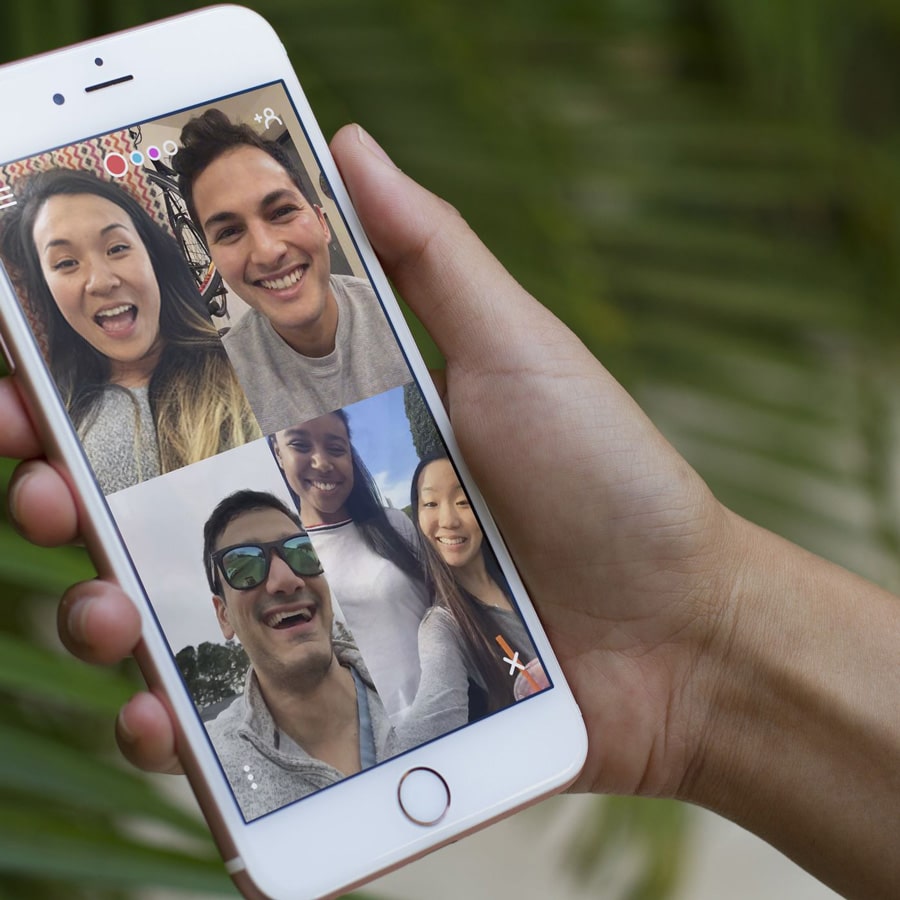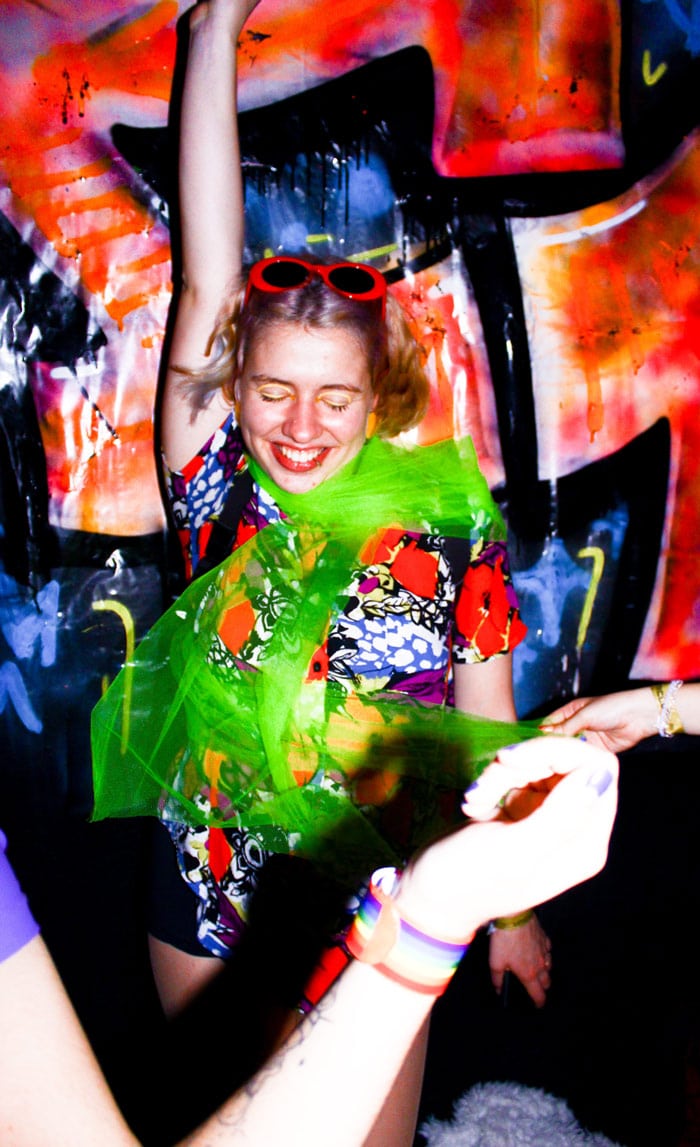Houseparty and 3 other apps to entertain yourself during a coronavirus lockdown
A few days ago, I read an article titled I Spent a Year in Space, and I Have Tips on Isolation to Share written by Scott Kelly in The New York Times. In it, the retired astronaut who spent nearly a year on the International Space Station took it upon himself to share a few tips with readers on how to go through isolation without losing it. And although most of the piece consisted of some basic advice such as ‘follow a schedule’ or ‘find a hobby’, one really stood out to me: ‘take time to connect’.
Then, following the UK’s Prime Minister’s lockdown announcement Monday night, it seemed like those who had previously been quite relaxed about the whole self-isolation thing started to panic. Staring directly at the prospect of a few months in isolation is scary, no one can deny it, and so I’ve decided to share with you the best apps to use to tackle boredom and loneliness—and I truly hope they help you as much as they are helping me.
Houseparty

The first on the list is Houseparty, the video chat app that allows users to video call up to 7 people in one go. According to data from App Annie, last week Houseparty was downloaded 2 million times worldwide, compared to around 130,000 downloads the same week a month ago. In other words, the COVID-19 outbreak made the app go viral. As I’m writing this, my friends are waiting for me to join the group call and play another round of ‘Chips and Guac’, Houseparty is ranking number one in the App Store in 17 countries including the UK, Spain and Italy (no surprise there) and number two on Google Play.
Not only does Houseparty offer you in-app games such as trivia or heads up, it also lets users share their screen if they wish to watch Netflix together or criticise their ex-partner’s new profile picture. But what makes it different from other video call apps is its spontaneity—where the name Houseparty originated from. Just like at an actual house party, users can find and join different groups of friends chatting in many different rooms. Feel like having a private chat with your two best mates in the ‘kitchen’? No worries, just lock the room and you’ll be blocking anyone else from entering the video call.

If self-isolation is not yet hitting you as hard as others, and if group chats are more your go-to way of communicating with friends and family, then WhatsApp is a good choice for you. Sharing memes and pictures of what you just stress-cooked in your Whatsapp group chat is not the only positive way you can use the messaging app. Health care professionals, educators, nonprofits and local businesses are also using WhatsApp to communicate with patients, students and customers.
Many are using the messaging app in order to tackle the coronavirus outbreak. Local restaurants in Madrid are using WhatsApp to coordinate supplying food to hospitals; medical professionals in Paris have formed a WhatsApp group to get the latest updates on hospital capacities and a nonprofit in the US has activated a WhatsApp helpline for coronavirus information.
Virtual Super Land
The third app that I have been using in order to cure the constant boredom I have been battling as soon as my work day is over is Virtual Super Land. Although the app doesn’t connect you to people, it lets you create and experiment, whether you possess any artistic skills or not. The app applies the idea of a green screen to real-life objects by replacing anything that is bright green with the various animated designs it offers. Let me tell you, searching through my flat for any green object or clothes that I could play with and alter through the app has definitely entertained me for a few hours.
Co-Watching
Last but not least is Instagram’s new Co-Watching feature revealed yesterday, which lets users look at their feed while simultaneously sharing their screen with friends through video chat. In other words, you’re going to be able to bitch with your best friends about everyone on Instagram—just like the old days. The fact that a pandemic had to happen to make people realise the potential this feature has is slightly worrying, but then again, of course social media companies have somehow found a way to cater more creatively to their users’ needs during the coronavirus outbreak.
Conclusion
Who knows, we might look back on these days and realise that these four apps were only a pandemic-induced fad. But until we’re out of lockdown and meeting friends, family members or even colleagues feels safe again, these are the only things that might keep us sane. So… who wants to play heads up?






